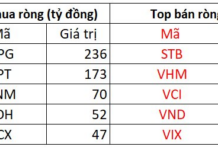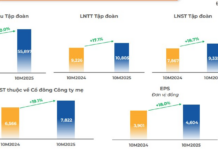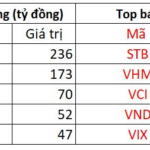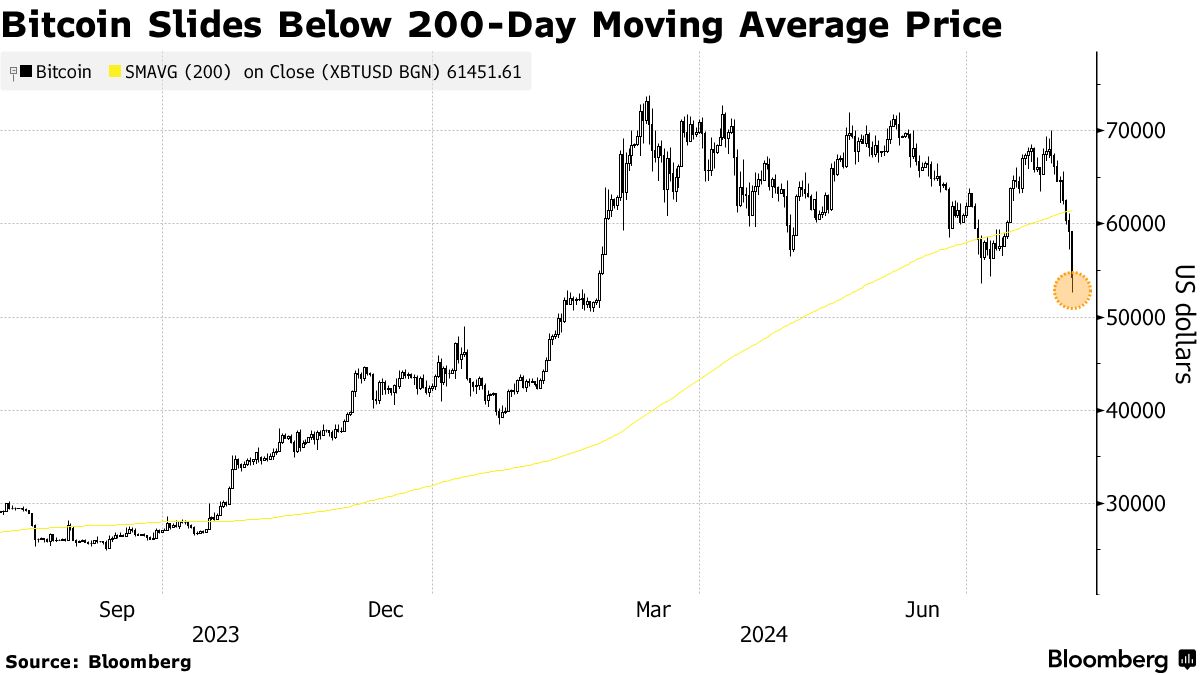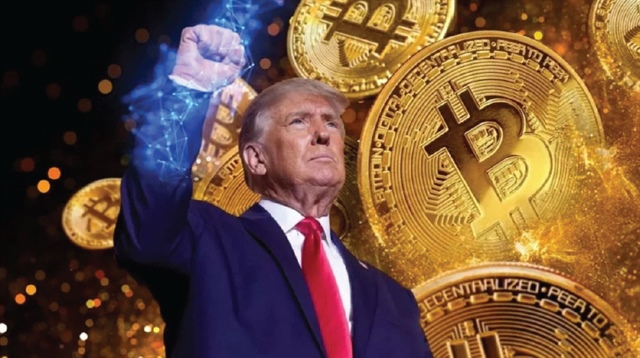
Many industry experts hope that the Trump administration will bring about a clearer and more accessible regulatory framework to foster the growth of the cryptocurrency market. |
From the first-ever crypto summit at the White House…
On March 7, 2025, US President Donald Trump hosted a first-of-its-kind “crypto summit” at the White House, bringing together leaders from almost all of the top crypto companies in the US. Notable attendees included MicroStrategy CEO Michael Saylor, Coinbase CEO Brian Armstrong, and twin billionaires Cameron and Tyler Winklevoss, co-founders of Gemini…
Only a small portion of the four-hour meeting was broadcast to the public, but it vividly illustrated the acceptance of the crypto industry by the US government.
In the preceding years, the crypto industry had faced significant pressure from President Joe Biden’s administration. The Securities and Exchange Commission (SEC), led by Gary Gensler, tightened control over crypto companies deemed to be in violation of securities laws. The SEC also sought to protect investors from the rampant scams and frauds in the crypto world, such as Terra-Luna and FTX. This led to lawsuits against several companies, including Coinbase.
However, that process has now been almost entirely reversed.
Upon taking office, President Donald Trump appointed cabinet members with close ties to the industry, such as AI and crypto expert David Sacks, Secretary of Commerce Howard Lutnick, and Secretary of the Treasury Scott Bessent. And the SEC’s most pro-crypto commissioners were promoted, most notably Hester Peirce. She now heads the SEC’s Crypto Task Force.
At a remarkable pace, the SEC issued legal guidance to support crypto companies, ended investigations into major firms, and dropped lawsuits against the two largest exchanges, Coinbase and Kraken. The leaders of both companies attended the White House event mentioned above.
Several executives, including Tyler and Cameron Winklevoss, founders of the Gemini crypto exchange, expressed gratitude to President Trump and stated that they were “delighted” with the US government’s new approach.
“These changes signal that crypto is finally being taken seriously as an industry,” said JP Richardson, CEO of the crypto company Exodus. “We believe this technology can fundamentally change the world. And it’s truly important that this administration takes it seriously.”
Many industry experts also hope that the Trump administration will bring about a clearer and more accessible regulatory framework to foster the growth of the cryptocurrency market. Clear regulations are expected to expedite the approval process for crypto ETFs in the US.
“The most important thing now is transparency in the oversight and regulatory process, as well as a clear understanding of who will be the main person in charge,” said Yesha Yadav, a law professor at Vanderbilt University.
…to the national crypto reserve plan
In addition to the White House meeting mentioned above, another notable development is President Trump’s signing of an executive order implementing plans to build a strategic bitcoin and cryptocurrency reserve. Crypto executives proposed this plan as a strategy to reduce national debt.
“I promised to make America the bitcoin superpower of the world and the crypto capital of the planet. We are taking historic action to deliver on that promise,” said President Trump. He added that the new bitcoin reserve would create a digital Fort Knox for the national reserve.
The new executive order directs the Department of the Treasury and the Department of Commerce to develop a “budget-neutral” strategy to accumulate bitcoin without burdening taxpayers. According to David Sacks, a senior White House advisor on crypto, the reserve will be funded with bitcoin seized from criminal or civil cases. A separate “digital asset reserve” will also be created to hold non-bitcoin cryptocurrencies previously confiscated, such as ethereum and ripple.
“The establishment of a crypto reserve is long overdue. We will not use tax dollars to buy digital assets, and there are consumer protections in place for those investing in crypto,” shared David Sacks.
President Trump also expressed optimism about the future of crypto: “We are like the pioneers. From today, America will abide by the principle that everyone in the bitcoin world knows well: ‘Never sell your bitcoin.'”
President Trump’s executive order clearly states that the US government will never sell the bitcoin it holds. Secretary of the Treasury Scott Bessent affirmed that the US will maintain the US dollar as the global reserve currency but will use stablecoins to support this.
Mixed reactions from investors
However, following President Trump’s strong show of support, the crypto market unexpectedly recorded a sharp decline. The price of bitcoin dropped from $90,400 to $85,000 within minutes of the announcement about the establishment of the crypto reserve. Other cryptocurrencies also experienced a similar drop, with XRP falling by 8%, solana by 6%, and ethereum by 5% within an hour. The downward trend continued into the beginning of the week, with bitcoin dropping to $80,650 at one point on Monday before a slight recovery.
According to experts, this decline could be due to investors’ dissatisfaction with how the US government will fill its crypto reserve. Rachel Lin, CEO of the decentralized exchange SynFutures, explained, “The executive order establishing the US strategic crypto reserve didn’t cause a price increase because the market expected the government to buy more, but now they are only using confiscated crypto to create the reserve. This has led to investor disappointment.”
Some skeptics even criticized the proposal as a plan to enrich a few crypto investors. Joe Lonsdale, a well-known tech investor, wrote on the social network X that the government should not waste money on “crypto company schemes.”
However, some other investors stated that the move to establish a reserve would have a positive impact and help the crypto market grow in the long term.
“I think the market got it totally wrong,” said Matt Hougan, Chief Investment Officer at Bitwise Asset Management, in an interview with CNBC. “The market is disappointed in the short term because the government didn’t say they would immediately start buying 100,000 or 200,000 bitcoins,” he added.
According to Hougan, statements from US officials indicate that Washington will still seek “budget-neutral strategies to buy more bitcoin, provided that these strategies do not incur additional costs for American taxpayers.” Therefore, the current decline in crypto is only short-term.
“I think the right question to ask is: will this executive order make bitcoin a more important geopolitical currency or asset in the future? Will other governments look to emulate the US and build their own strategic reserves? And to me, the answer is definitely ‘yes,'” concluded Hougan. “That will be the deciding factor in whether bitcoin is worth $80,000 a coin or $1 million a coin.”
Ngân Diệp (Sources: New York Times, Reuters, CNBC, Fortune)
Unleashing Digital Assets: MB and Korean Partners Gear Up for Vietnam’s First-Ever Platform
“As per the agreement, Dunamu steps in as a pivotal strategic partner for MB. This partnership entails sharing cutting-edge technology and robust infrastructure, along with expert consultation on legal compliance, investor protection, and talent development. With Dunamu’s expertise, MB is poised to elevate its operations and fortify its position in the market.”
The Financial Hub: It’s Not About the Number of Skyscrapers or Acres of Land
“Vietnamese enterprises believe that the first and most crucial factor is an open-door policy. Economic experts emphasize that while tax incentives are necessary, they are not sufficient for fostering true competition. Instead, the key lies in creating a revolutionary business environment, one that fosters flexibility and encourages the development of novel financial and technological models.”

















